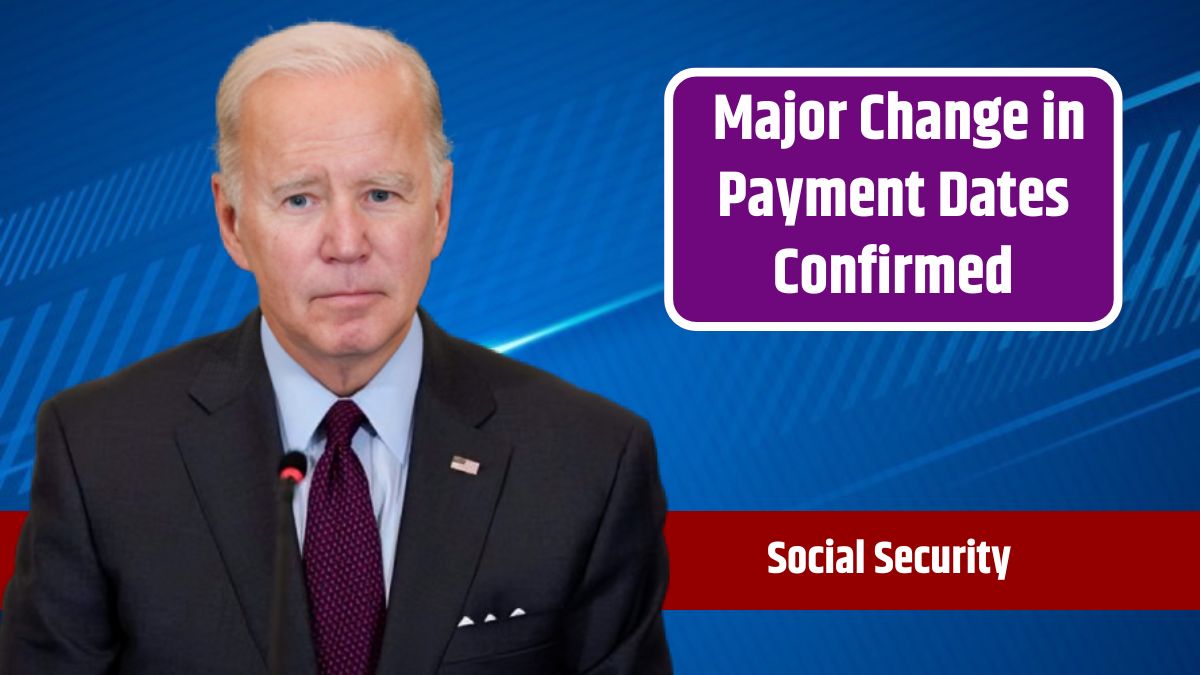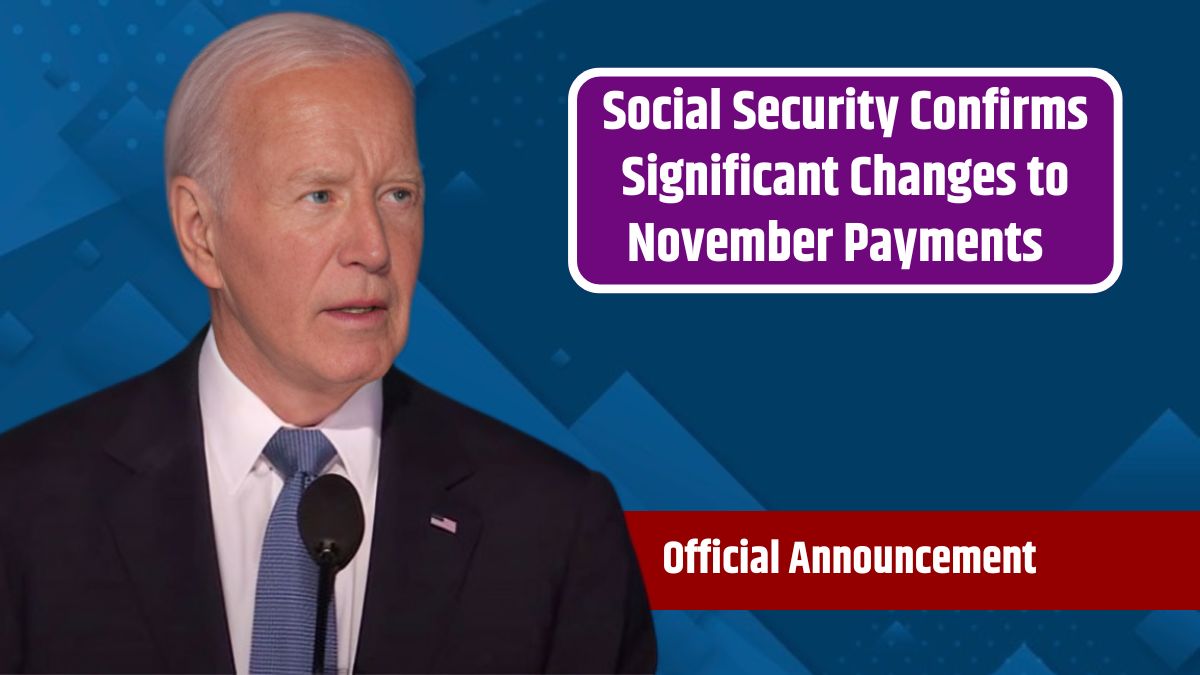Your Social Security number (SSN) is one of the most critical pieces of your personal information. Originally designed to track your earnings and manage retirement benefits, the SSN has evolved into a key identifier used across various aspects of life, from opening bank accounts to securing employment. In 2023 alone, the Federal Trade Commission reported over a million cases of identity fraud, with many of these cases involving stolen SSNs. This highlights the importance of safeguarding your SSN more than ever before.
Threats
Identity theft is a growing concern, and your SSN is a prime target. If someone gets their hands on your SSN, they can wreak havoc on your life. They might open credit accounts, access your bank funds, or even get a job under your name. This can lead to financial losses, damaged credit, and a long, stressful recovery process.
Being proactive about protecting your SSN is crucial to safeguarding your financial health. So, how can you tell if someone is misusing your SSN? Below are some effective strategies.
Reports
Keeping an eye on your credit reports is one of the best ways to detect identity theft. Major credit bureaus like Experian, TransUnion, and Equifax offer free annual reports that list your open accounts, balances, and payment history. Regularly reviewing these reports can help you spot unauthorized activities.
Look for unfamiliar accounts or inquiries, as these could be signs that someone is using your SSN fraudulently. If you see anything suspicious, it’s essential to act quickly by reporting it to the credit bureaus and freezing your credit to prevent further damage.
Statements
Another key strategy in protecting your SSN is closely monitoring your bank and credit card statements. By consistently reviewing your debit and credit card transactions, you can spot any suspicious activity, such as unfamiliar charges or higher-than-expected expenses.
Even small, unrecognized charges can be red flags indicating identity theft. Make it a habit to go through your statements at least once a month. If you see something that doesn’t add up, contact your bank immediately to investigate and resolve the issue.
Alerts
Setting up fraud alerts with major credit bureaus is a proactive step to safeguard your identity. A fraud alert notifies you of any unusual activity involving your credit, allowing you to take swift action to protect yourself. This can be especially helpful if you’ve recently lost your wallet or believe your SSN has been compromised.
Many credit monitoring services also offer identity theft protection plans. These services monitor your personal information across the internet and alert you to potential threats. They often include insurance and recovery assistance, providing peace of mind and a safety net if your identity is stolen.
Scams
Tax identity theft is another common scam where someone files a fraudulent tax return in your name to claim your refund. If you try to file your taxes and observe that a return has already been submitted, your identity may have been stolen. Scammers may also pose as IRS agents to trick you into giving them personal information over the phone.
Always be cautious and verify the legitimacy of any tax-related communication. Filing your tax return as early as possible can reduce the risk of someone filing a fraudulent return in your name. Use the IRS’s official communication channels for verification to ensure your personal information is secure.
Records
Medical identity theft is a growing issue where someone uses your personal information to receive medical services or make insurance claims. To protect yourself, regularly review your medical bills and insurance statements.
This proactive approach can help you catch any fraudulent activity early on. If you notice charges for services you never received or discrepancies in your medical records, it’s time to investigate further and report the issue to your healthcare provider and insurance company.
By staying vigilant and taking these proactive steps, you can significantly reduce the risk of identity theft and protect your personal information from falling into the wrong hands. Identity theft can be a daunting experience, but being proactive and vigilant can help you safeguard your personal information.
FAQs
How often should I check my credit reports?
At least once a year, but more frequently if you suspect fraud.
What should I do if I see unfamiliar charges on my bank statement?
Contact your bank immediately to investigate and resolve the issue.
Are fraud alerts effective in preventing identity theft?
They help by notifying you of unusual activity, allowing you to act quickly.
How can I protect myself from tax identity theft?
File your tax return early and use official IRS communication channels.
What is medical identity theft?
It’s when someone uses your personal information to receive medical services.









